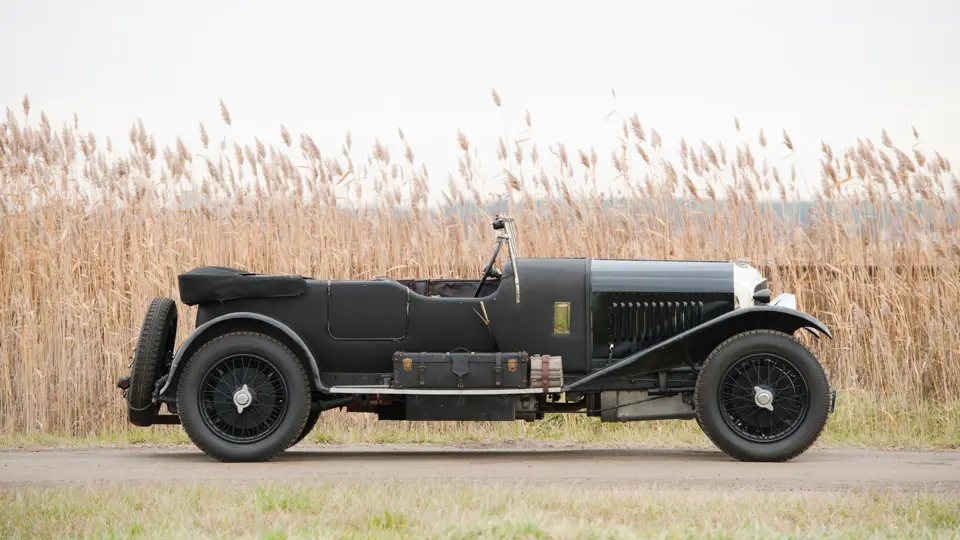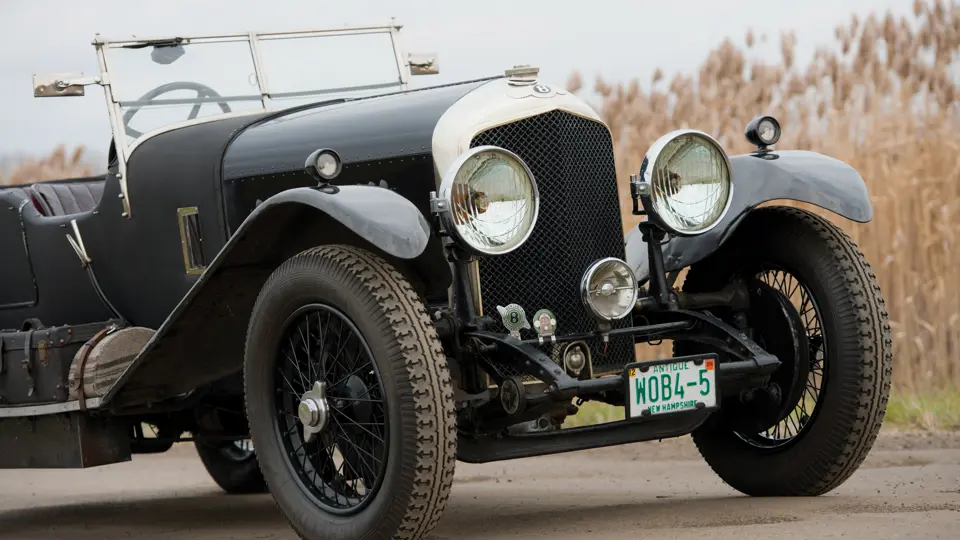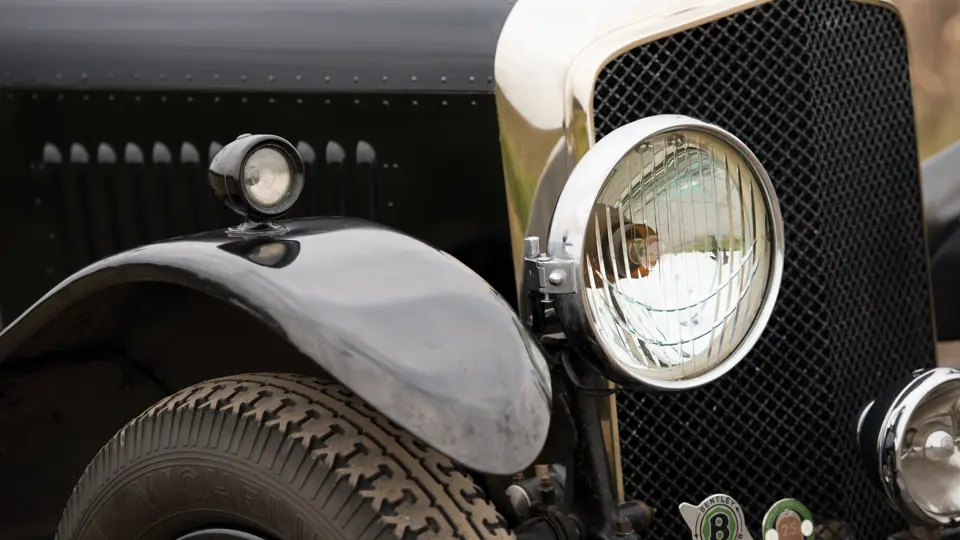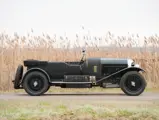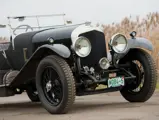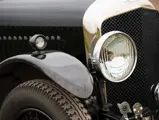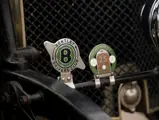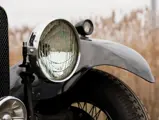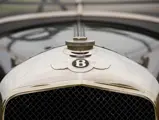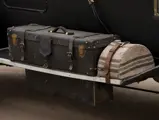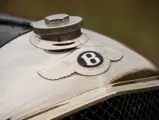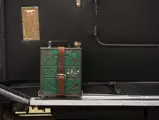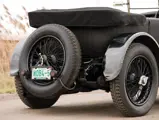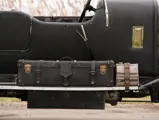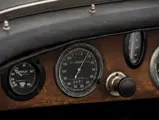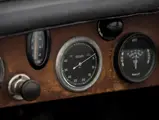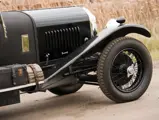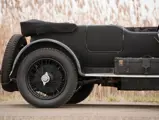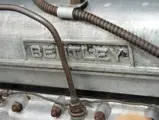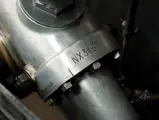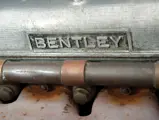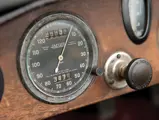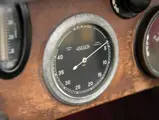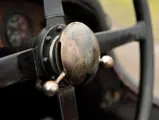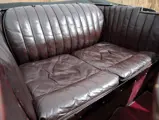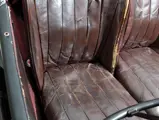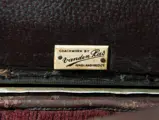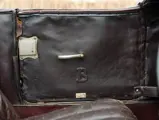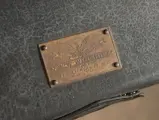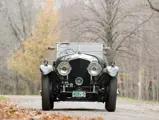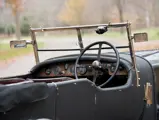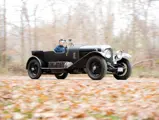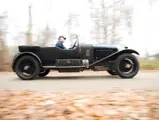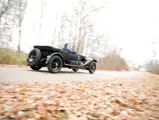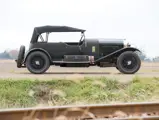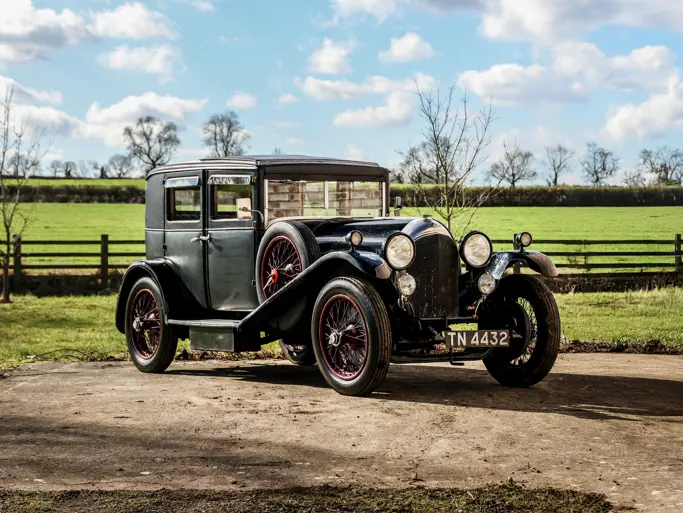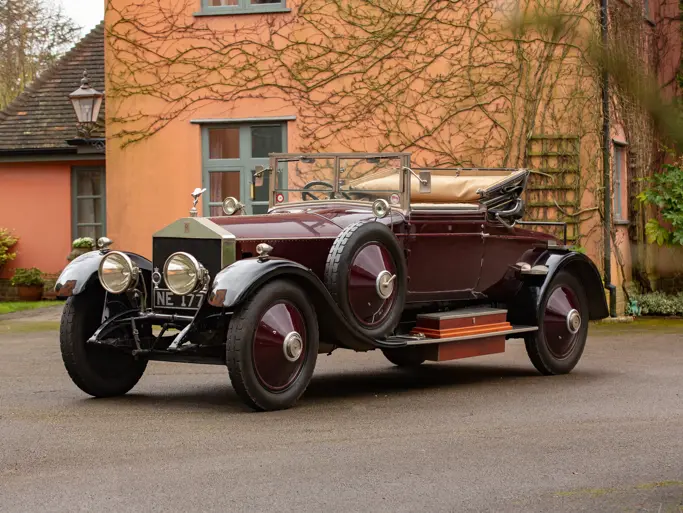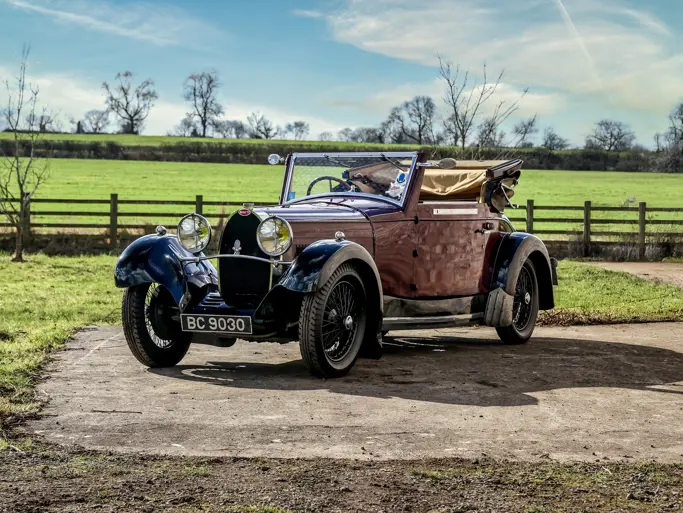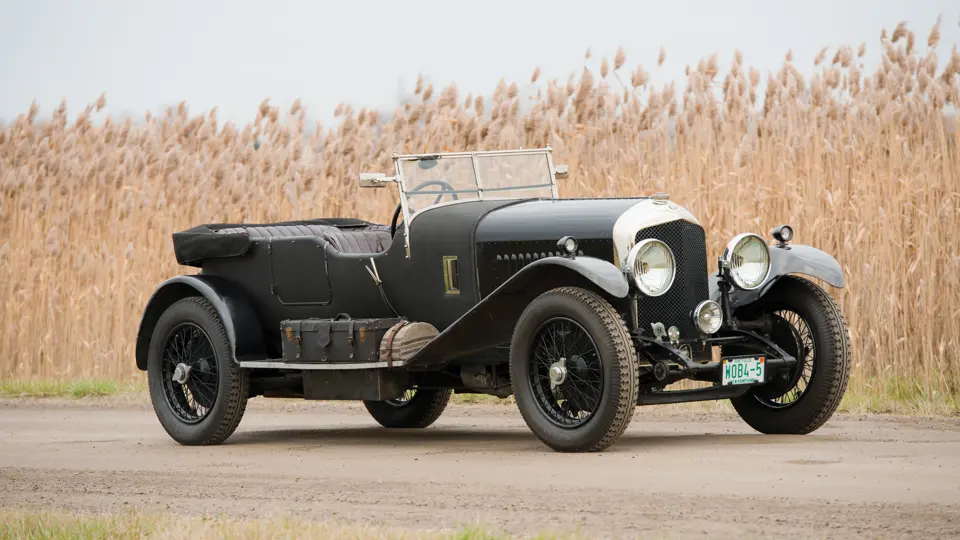
1929 Bentley 4½-Litre Tourer by Vanden Plas
{{lr.item.text}}
$1,800,000 - $2,200,000 USD | Not Sold
{{bidding.lot.reserveStatusFormatted}}
- Perhaps the most original 4½-Litre in existence
- Original engine, gearbox, bodywork, and Connolly leather interior
- Formerly owned by Arthur Eldredge and Ed Sutherland
- Known history documented by Bentley historian Clare Hay
- One of the very best available
100 bhp, 4,398 cc single overhead-camshaft, four-cylinder engine with twin SU HVG5 carburetors, four-speed manual transmission with a single-plate clutch, semi-elliptic front and rear suspension, and four-wheel mechanical drum brakes. Wheelbase: 120.5 in.
Before World War I, Belgian coachbuilder Vanden Plas formed a British branch to handle the growing demand for their specialized bodywork on Rolls-Royce and, especially, Bentley chassis. Most of the open bodies fitted to Bentleys during the W.O. era were by Vanden Plas, and they were often comprised of a wooden framework that was covered in padded leatherette in the British racing color of dark green. Affectionately nicknamed “Great Green Machines,” these cars won the 24 Hours of Le Mans in 1924, 1927, 1929, and 1930, thanks to their combination of tremendous power and lightweight coachwork.
So popular were the Vanden Plas fabric bodies that many original chassis have today been rebodied in their image. The 4½-Litre offered here is distinguished not only for having been bodied new by Vanden Plas as an open tourer but also for retaining that original coachwork, as well as a great deal of its other original components, to this very day. As such, it is a remarkable
W.O. Bentley and one of the truly “Great Cars.”
The car’s chassis was completed on March 16, 1929, and then it was sent to Vanden Plas to receive its first and only coachbuilt body, a standard sports four-seater numbered 1571. It was ordered by Moir & Straker, a new dealership founded by Bertie Kensington Moir, a well-known racing driver and former Service Department manager for Bentley, and Reggis Straker. The body was covered in black Triplex fabric, number 53453, with upholstery in Connolly brown Levant grain leather. Extras included a Homa dash lamp, a Smiths windscreen wiper, and an eight-day clock. The bodied Bentley was returned to the factory at Cricklewood for a final test, and it was completed on May 9, 1929. It was then sold to its original owner, H. Reid Hardie of Glasgow, who registered it in London as UU 6075.
The Bentley was acquired in July 1935 by H. Marston Riley of Birmingham. In 1948, it traveled to the United States with a new owner, C.P. Moore, and has remained stateside with just a handful of loving caretakers. It was purchased in 1954 by T.S. Barb, who, in 1962, sold it to Arthur Eldredge, of Portsmouth, New Hampshire, who was a noted architect and car enthusiast. Mr. Eldredge kept and drove his beloved Bentley until his passing 33 years later, after which it was acquired by Ed Sutherland of Melvin Village, New Hampshire. Its current owner, who acquired the car a decade ago from Mr. Sutherland, is a noted Rolls-Royce and Bentley enthusiast who has exhibited cars for many years at the Pebble Beach Concours d’Elegance.
A report prepared by renowned Bentley specialist Clare Hay, whose thorough written evaluation, which is on file, notes the addition of a Jaeger tachometer. An additional tail lamp has also been fitted. The chassis frame and engine are both original, as is the desirable close-ratio C gearbox, which is amongst the most desirable of the several types of gearboxes offered on these cars. It should also be noted that many of the smaller numbered components can be easily observed as original, including the steering box, which is also numbered NX3467, and even the twin SU carburetors, which are numbered to match the intake manifold!
Patina is an overused word, but it is entirely appropriate for NX3467. Hay’s report notes that the paint on the chassis and fenders, as well as the interior upholstery, is entirely original. The body fabric is known to have been replaced once, and it was believed that this was done in 1932, when more extensive work was carried out; this is a supposition that is strongly supported by the age of the material and the quality of the workmanship. The paint is beautifully weathered, but it still holds a shine, and the leather within is as broken-in and comfortable as a favorite baseball glove.
This wonderful Bentley has been properly maintained by enthusiasts literally since “day one” of its life, and it wears the loving signs of a life well-lived. Amazingly, it has participated in nearly every single North American Vintage Bentley Meet since the club’s inception in 1982. As presented, it looks as if it is waiting to be boarded and taken for a long jaunt across the continent to Le Mans…or to Indianapolis. This proven, reliable tour car is ready for many more miles, and it has been reported by the owner to be 100% “on the button” and ready to be enjoyed.
An honest car like NX3467 will be most enthusiastically accepted by such venerable clubs as the Bentley Owners’ Club, the Rolls-Royce Owners’ Club, the Classic Car Club of America, and globally in the world’s finest concours events. Rarely found is a W.O. Bentley that is so original, that is in such remarkable condition cosmetically and mechanically, and that is so thoroughly documented. In the words of an RM specialist, “it has no drama and no stories.”
NX3467 is arguably one of the finest unrestored examples of the fabric-bodied Vanden Plas Tourers to exist today. It is a genuine example that stands tall in a sea of pretenders, and it is a wonderful, pure, and irreplaceable original for the Bentley Boy who insists upon the best.

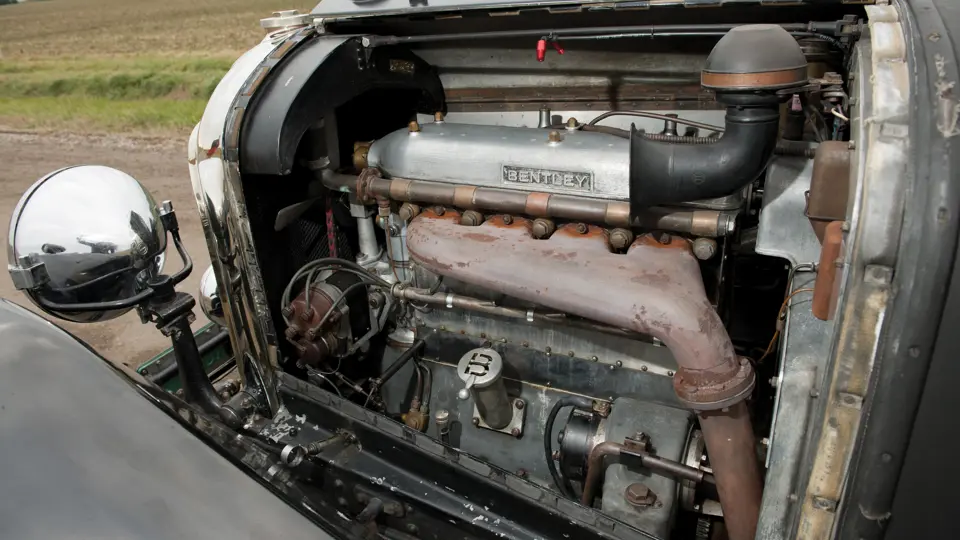


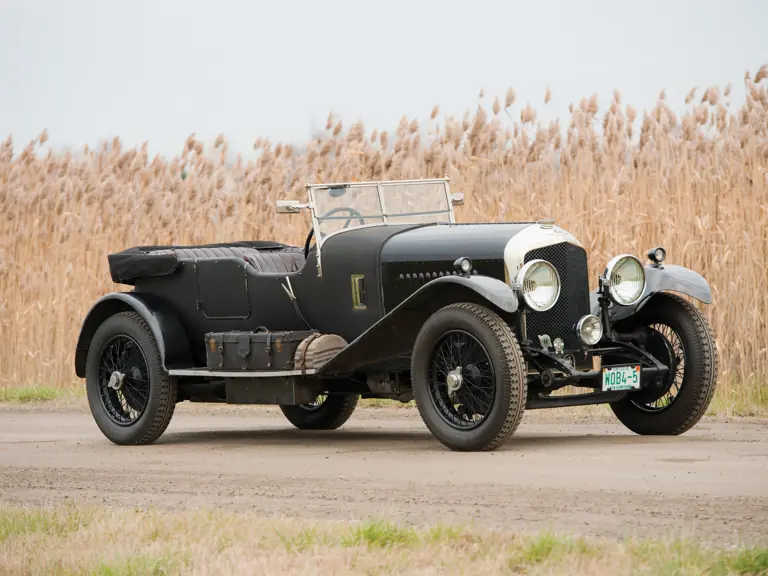
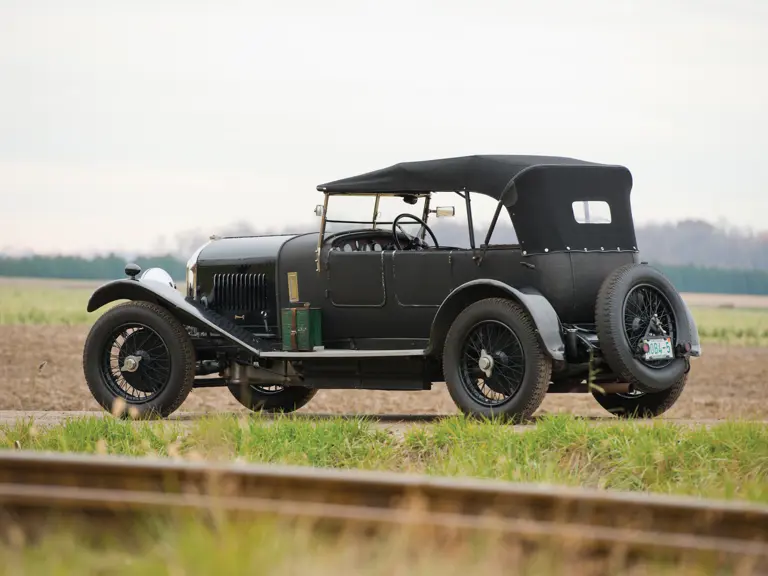
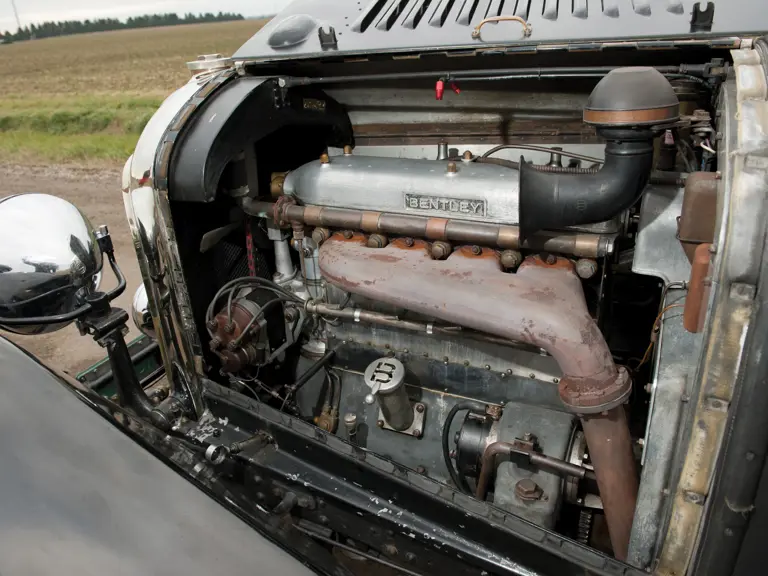
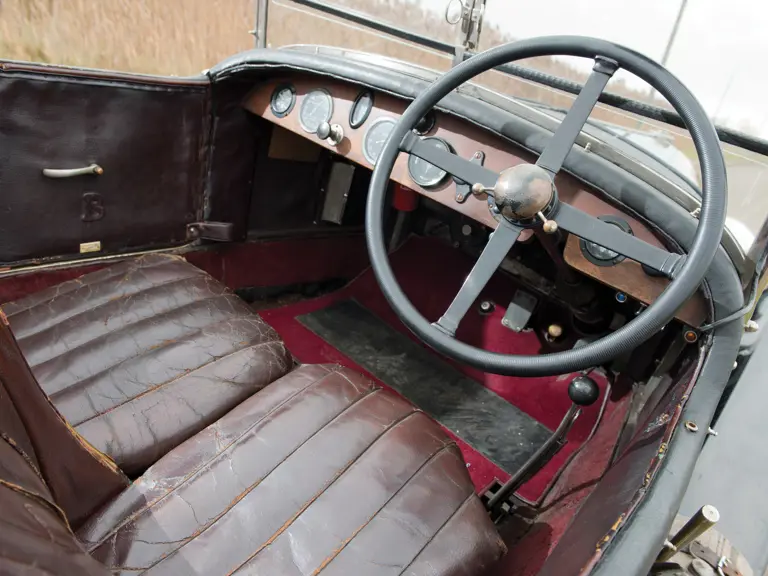
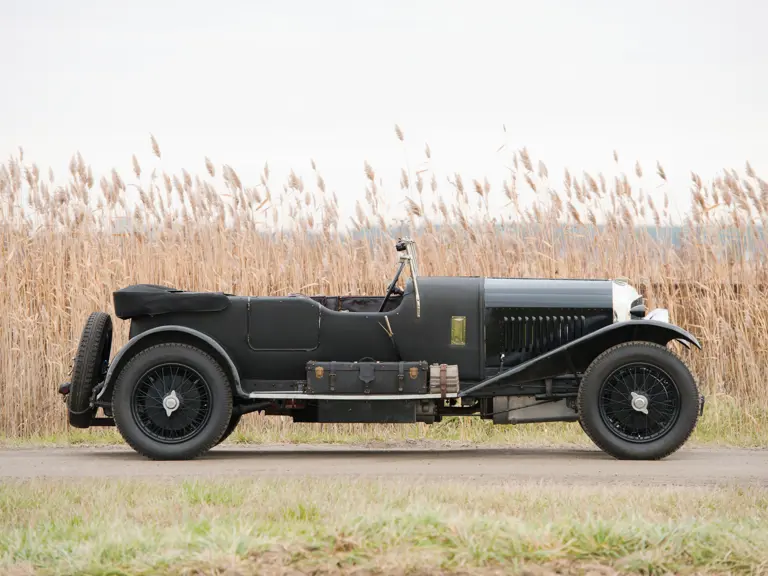
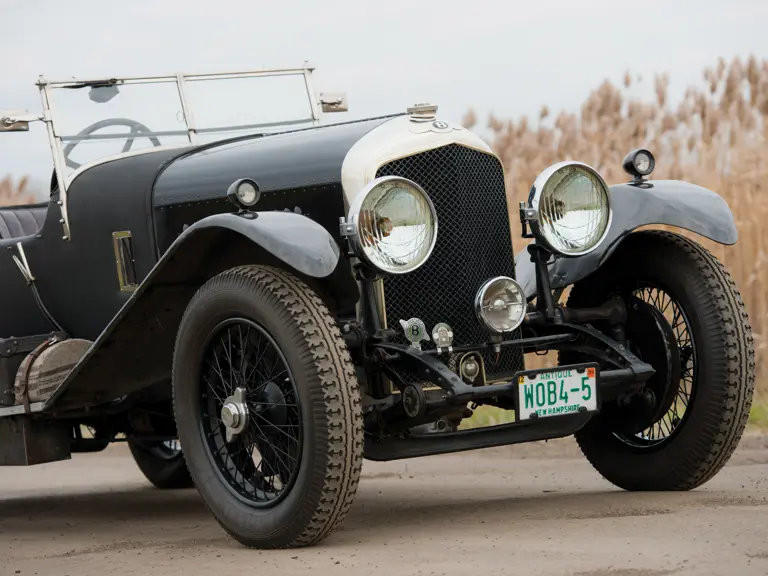
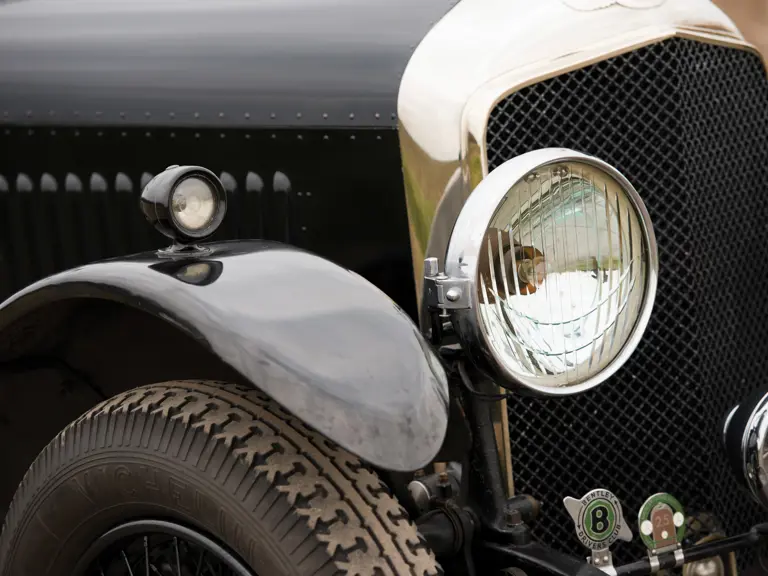
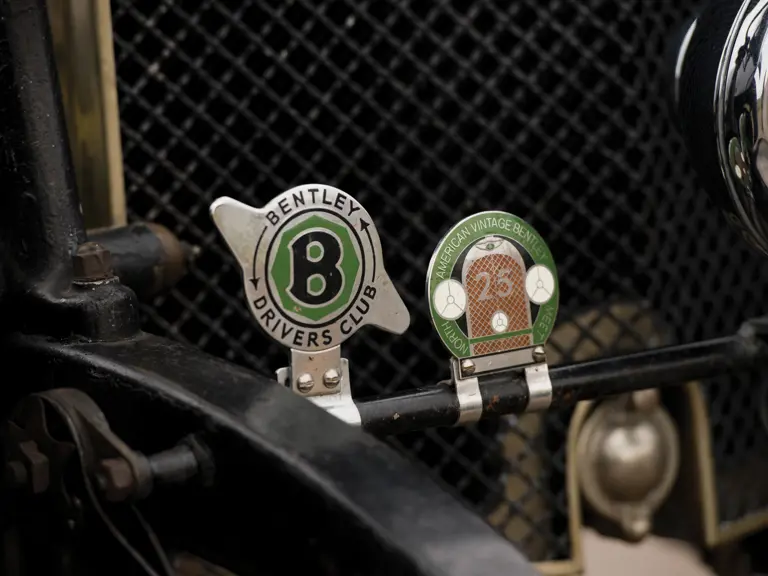
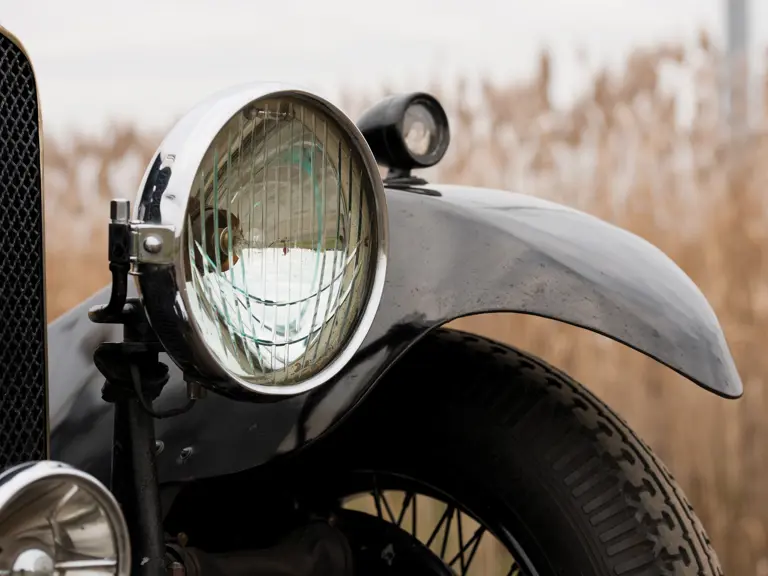
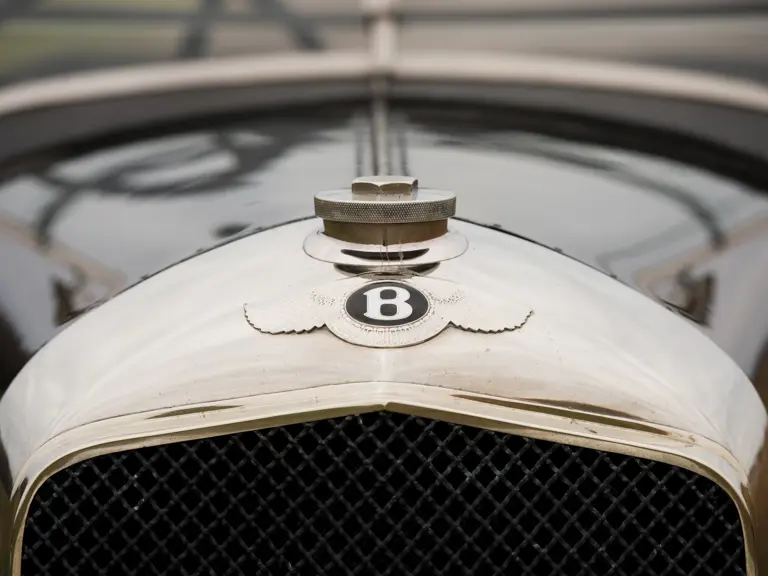
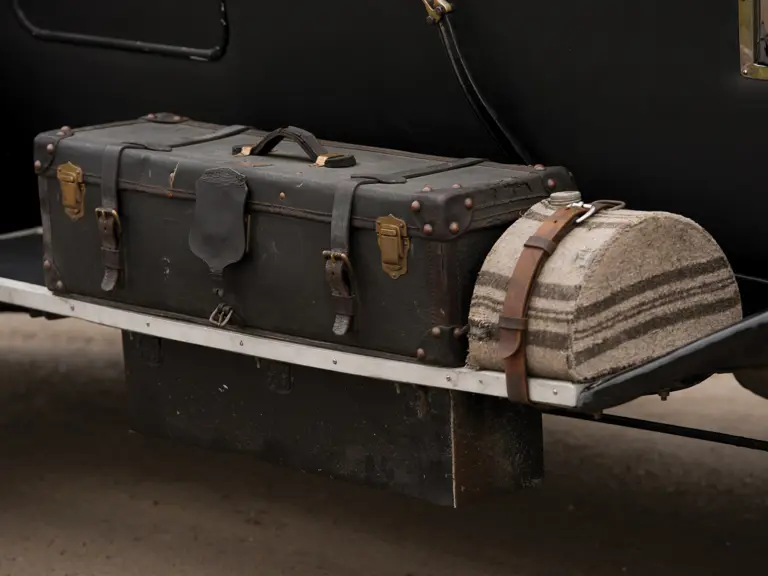
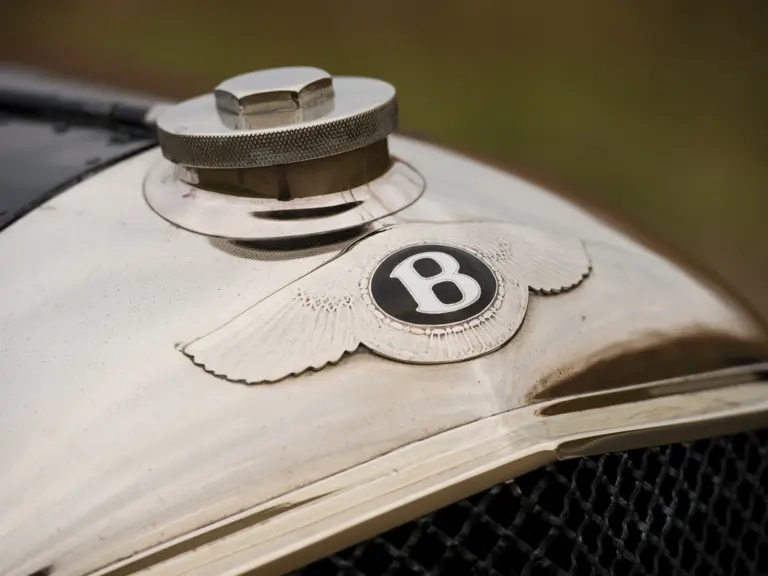
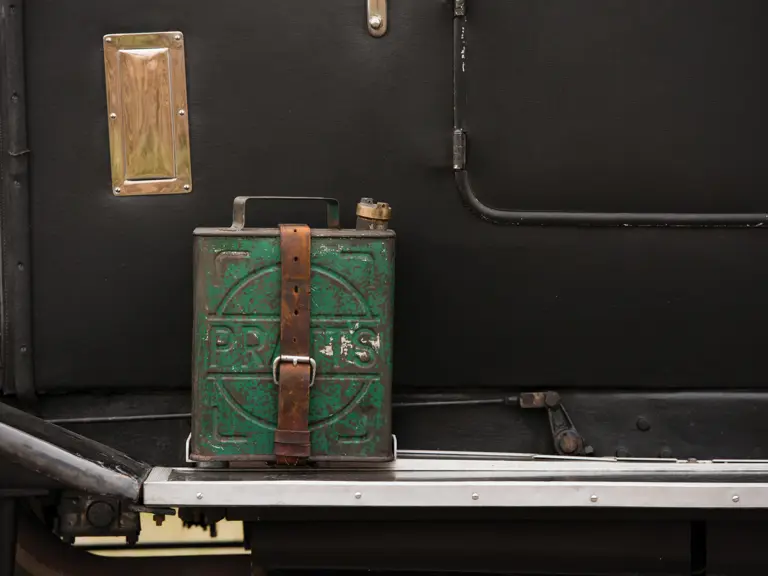
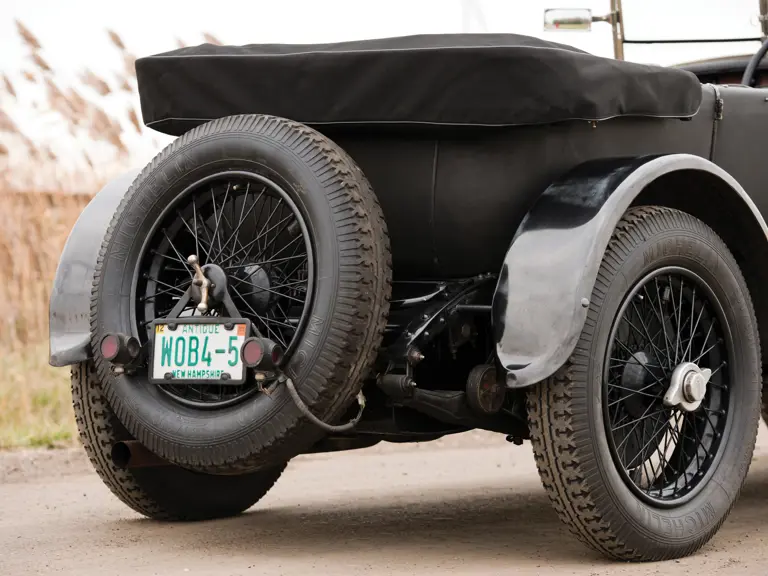
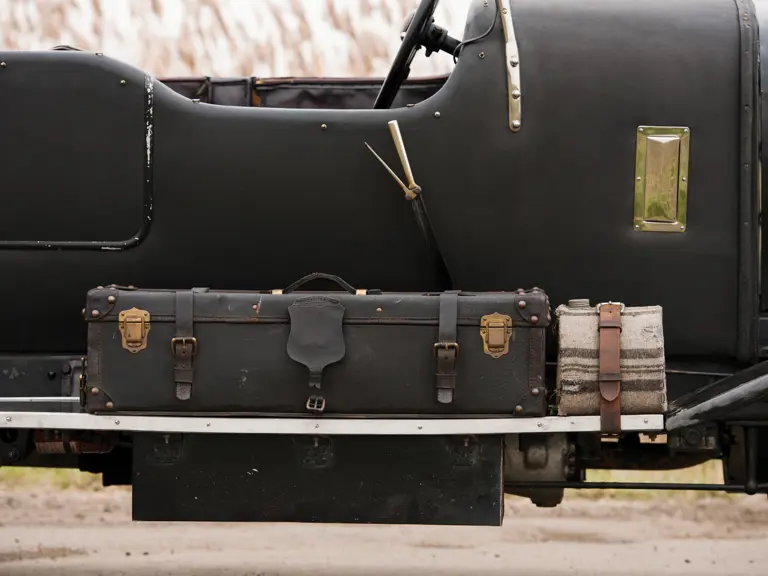
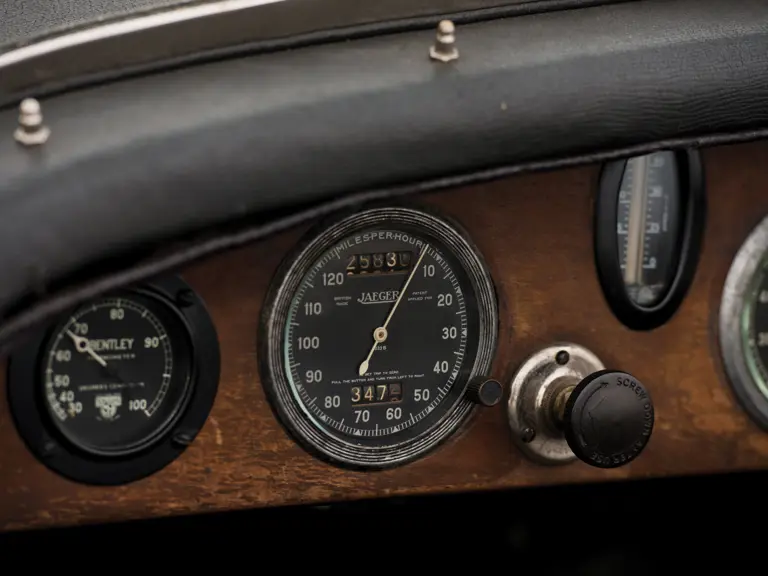
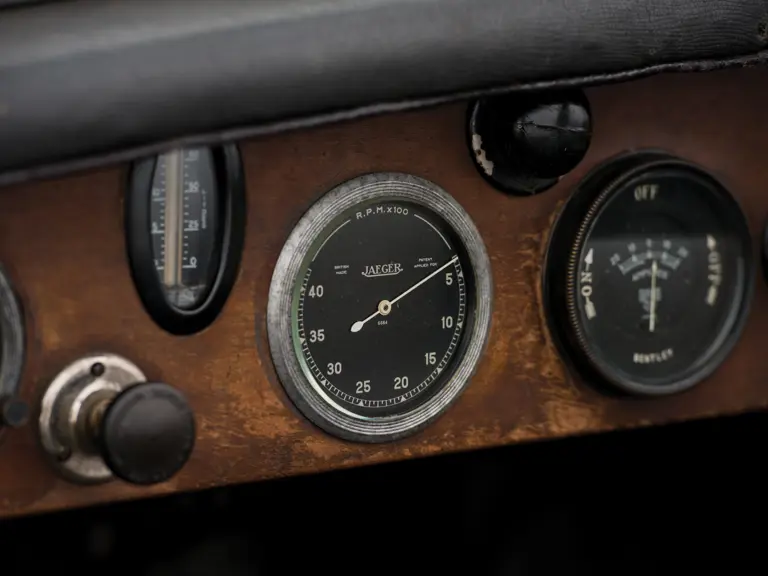
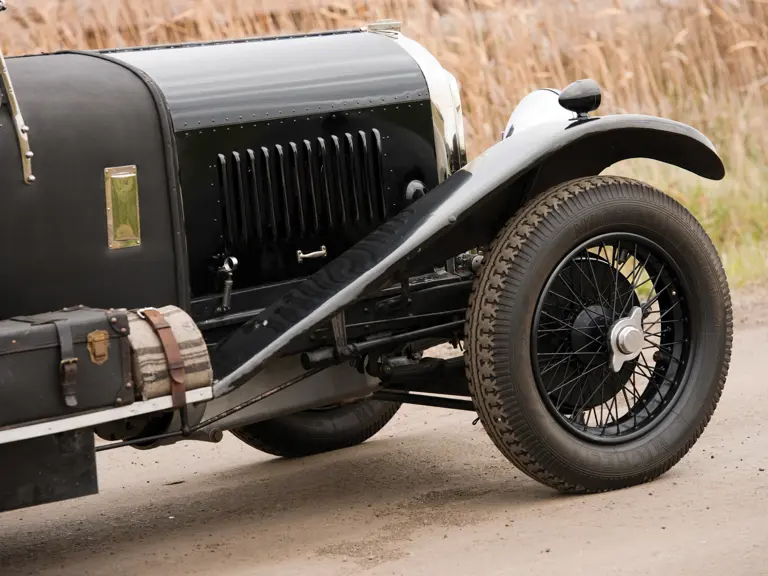
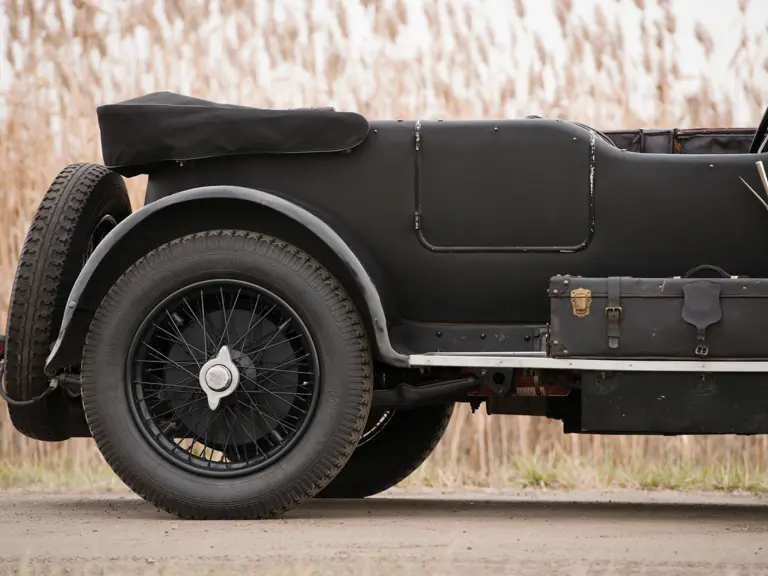
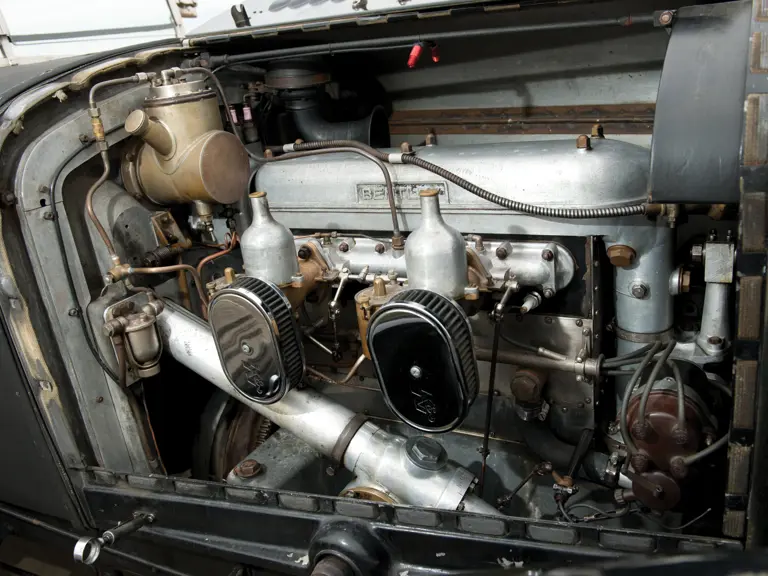
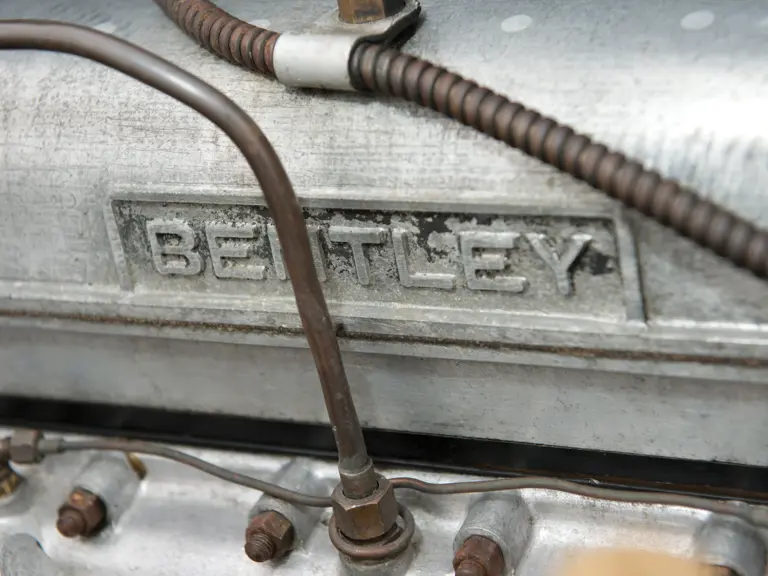
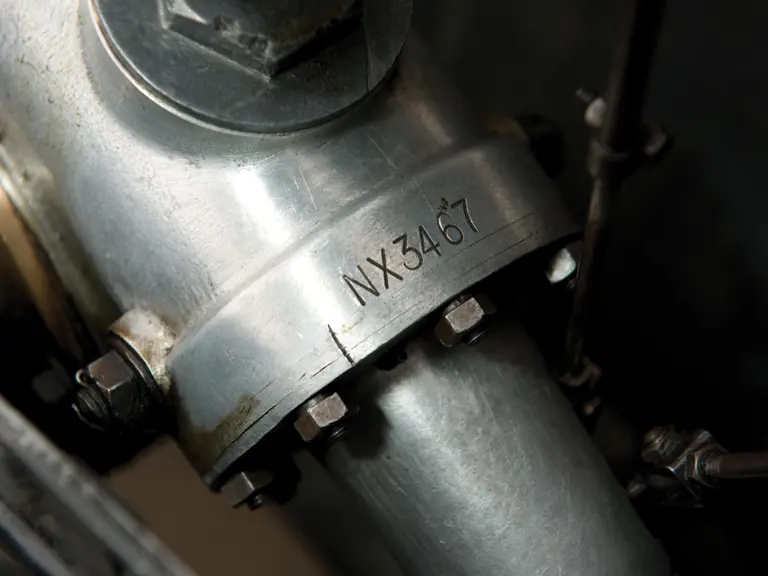
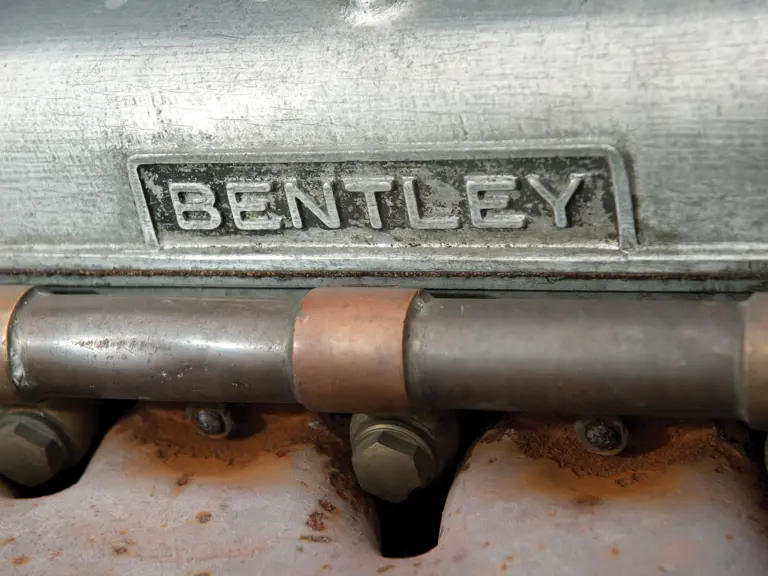
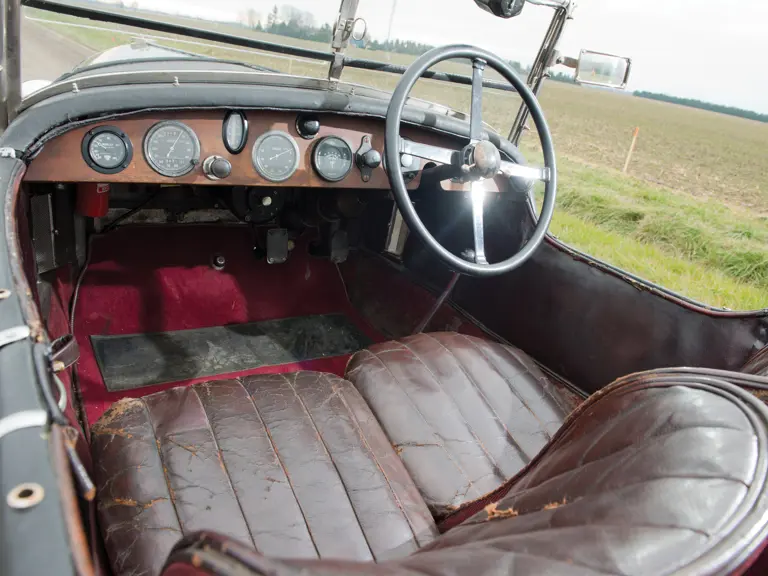
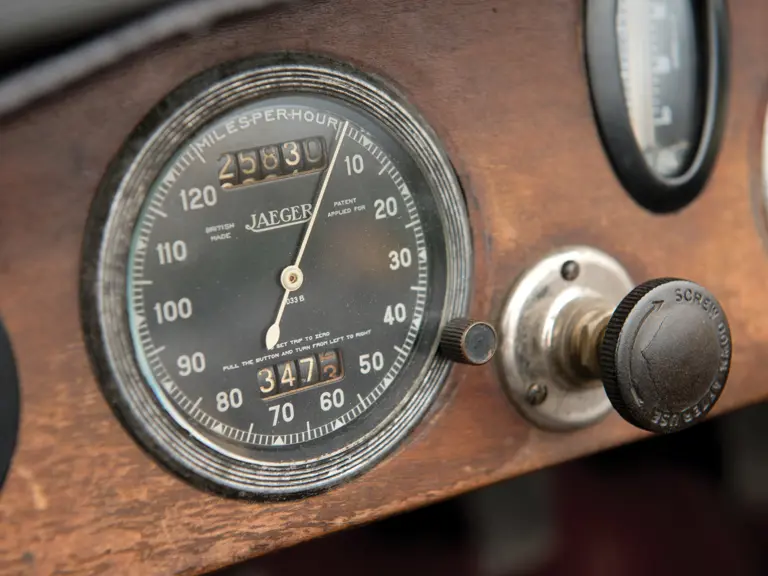
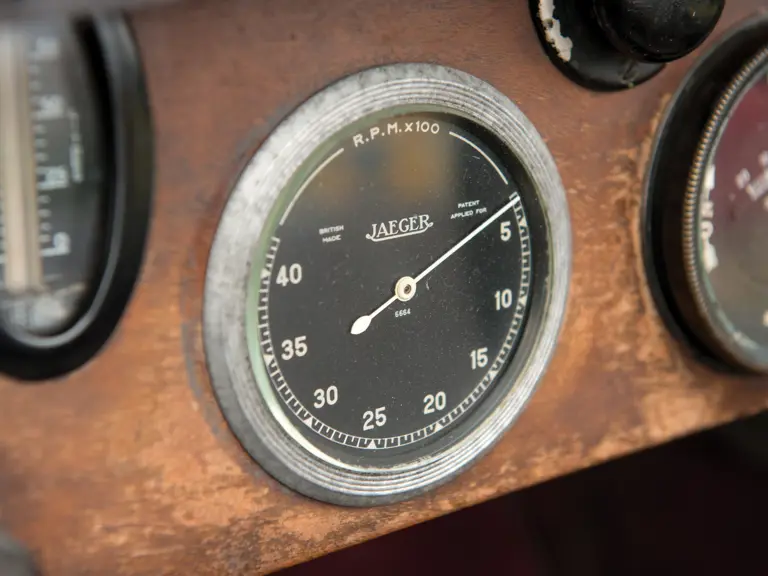
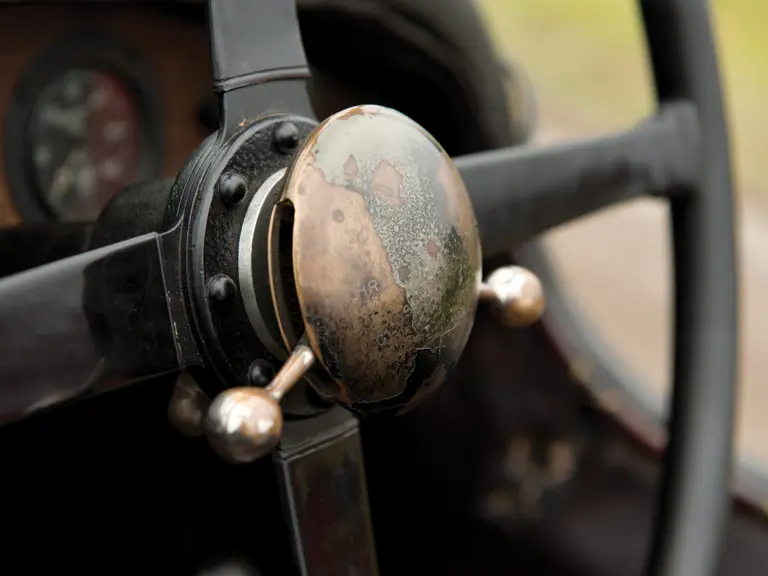
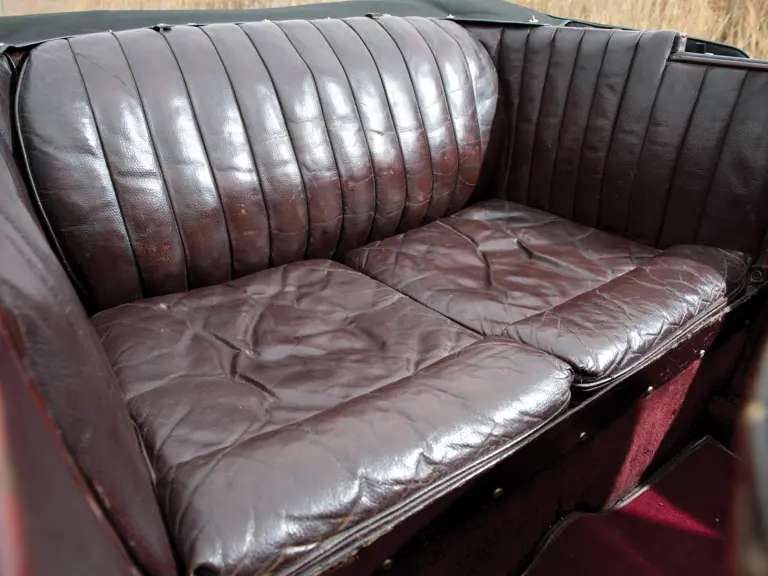
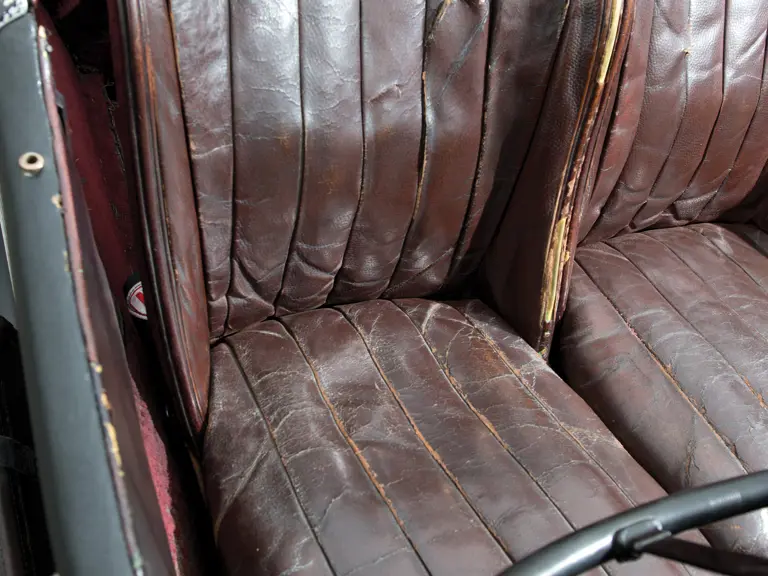
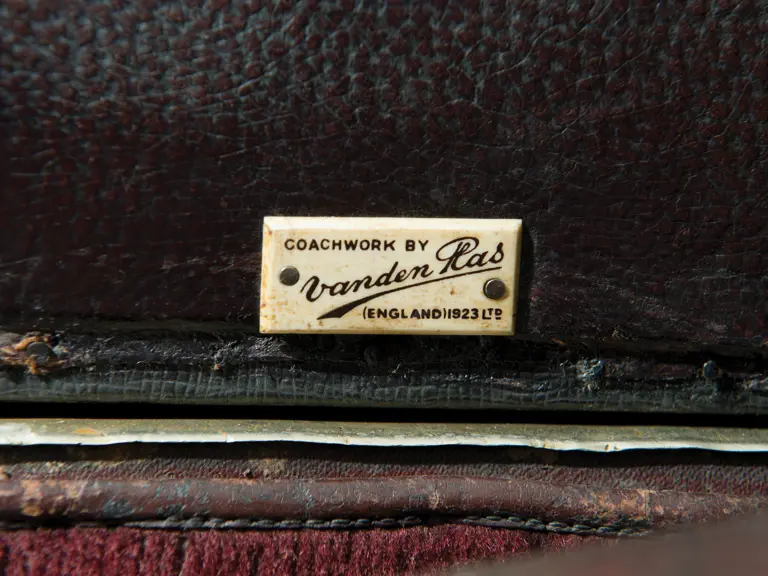
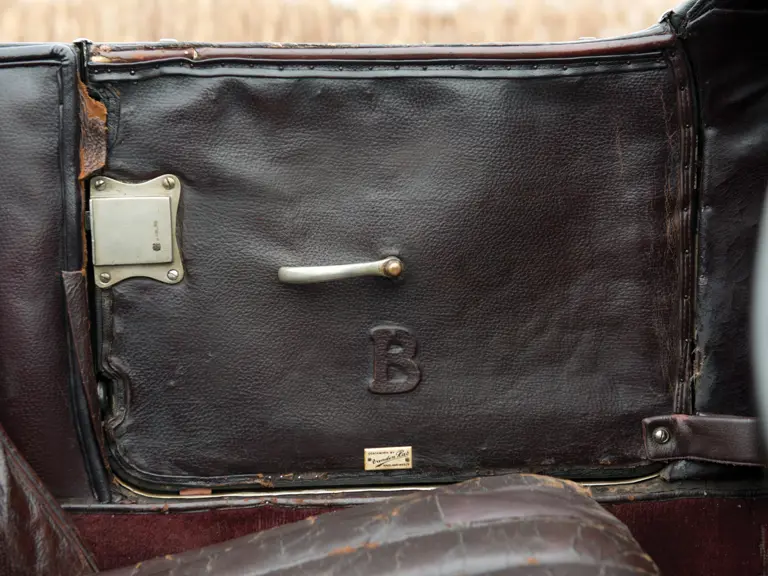
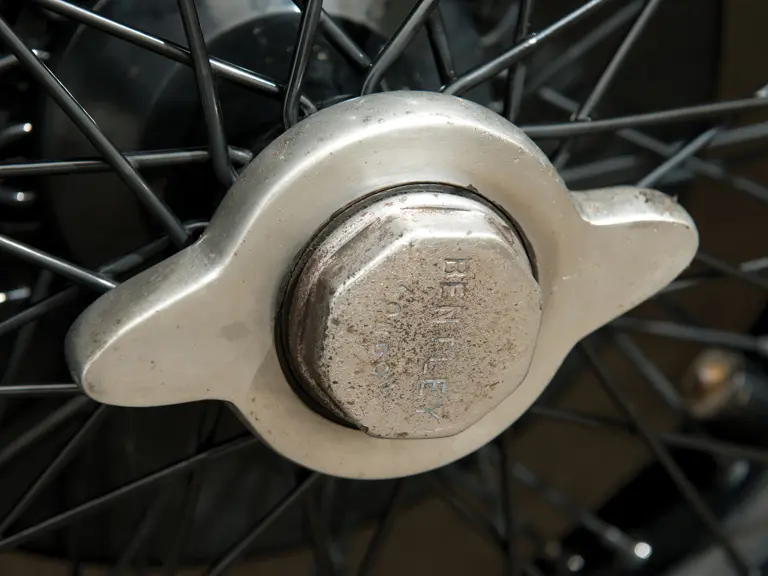
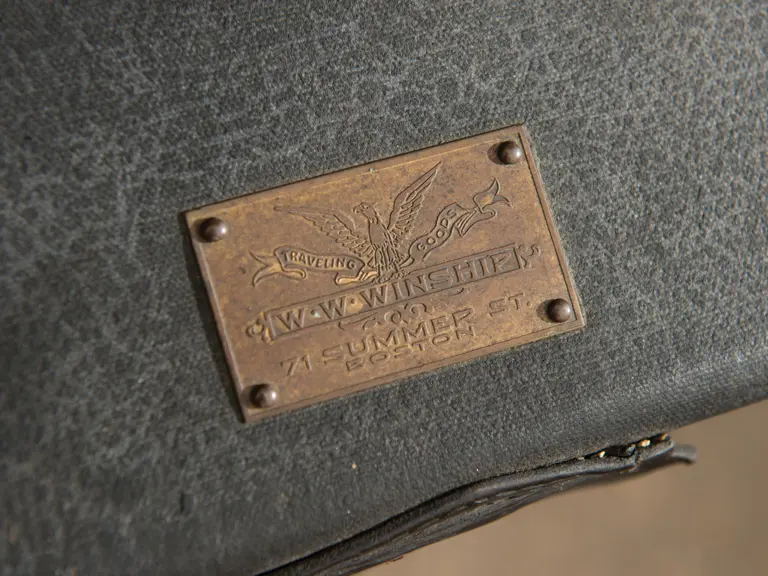
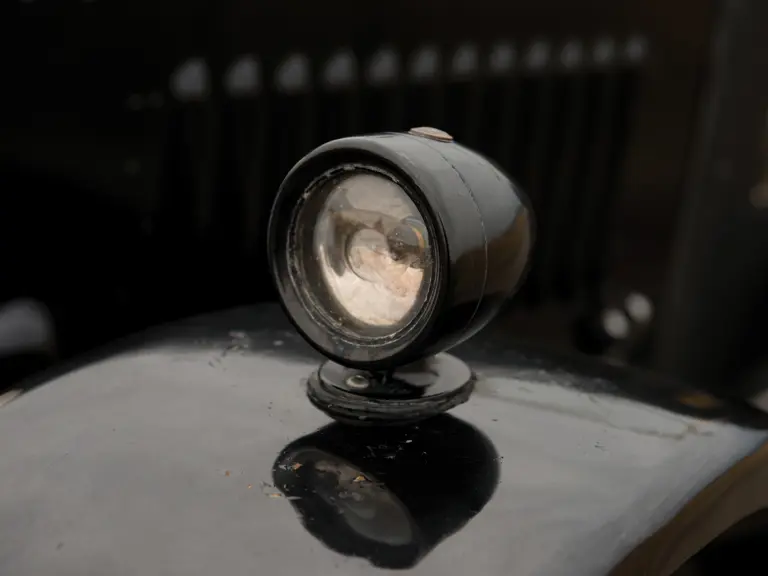
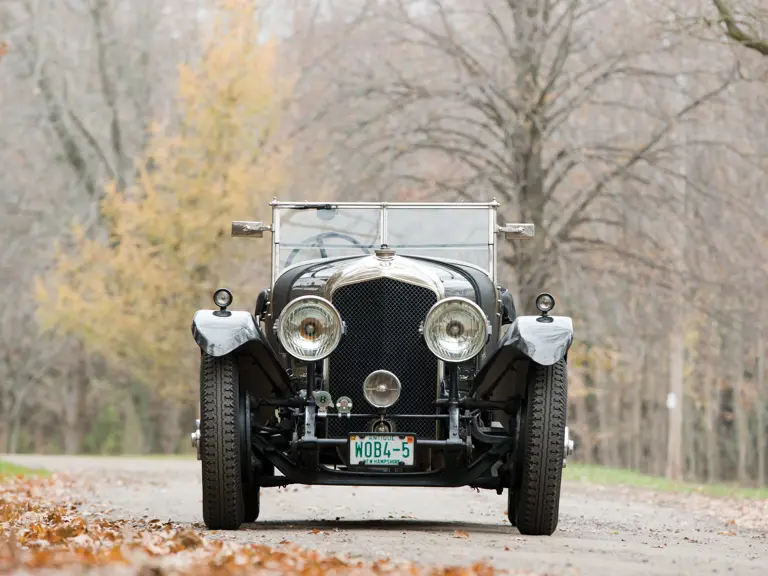
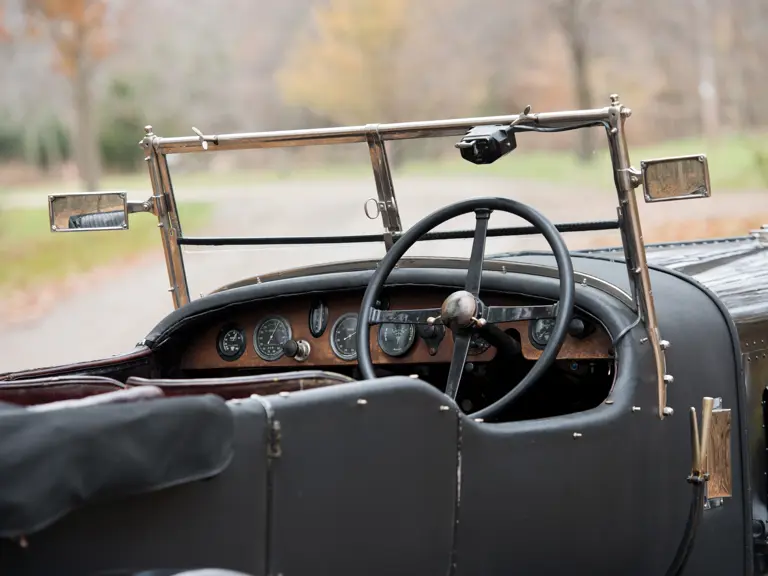
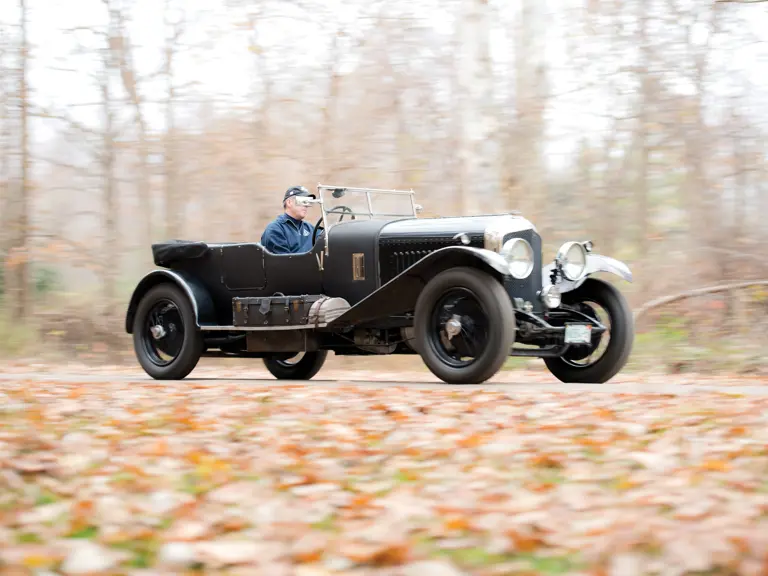
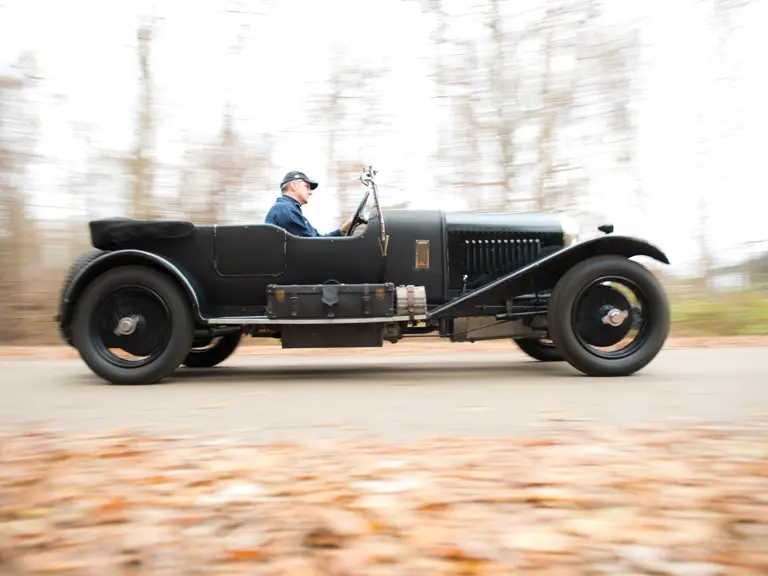
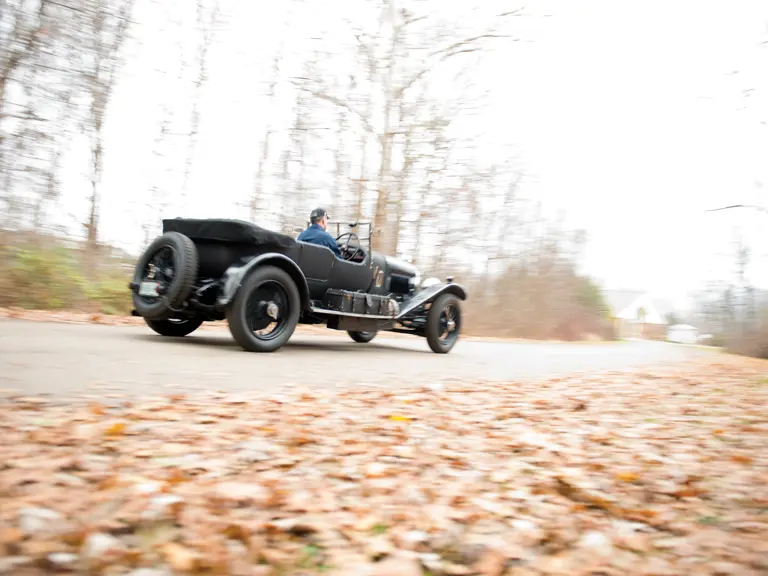
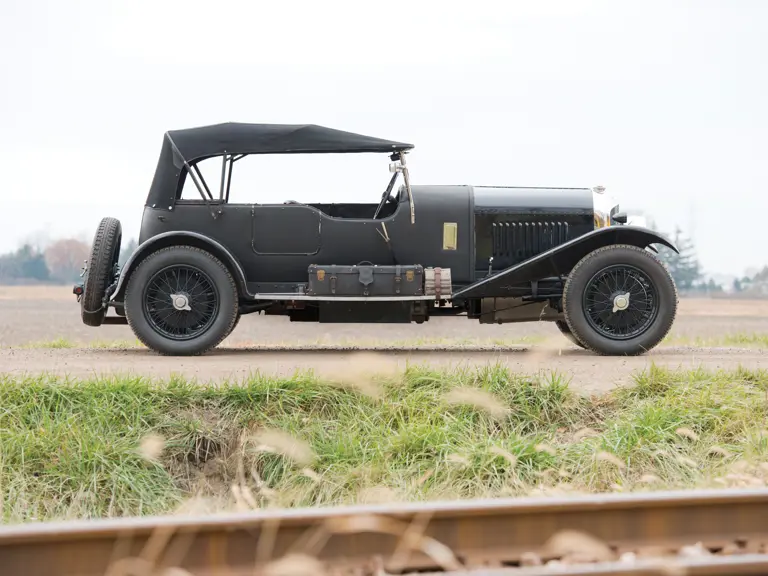
 | Phoenix, Arizona
| Phoenix, Arizona
